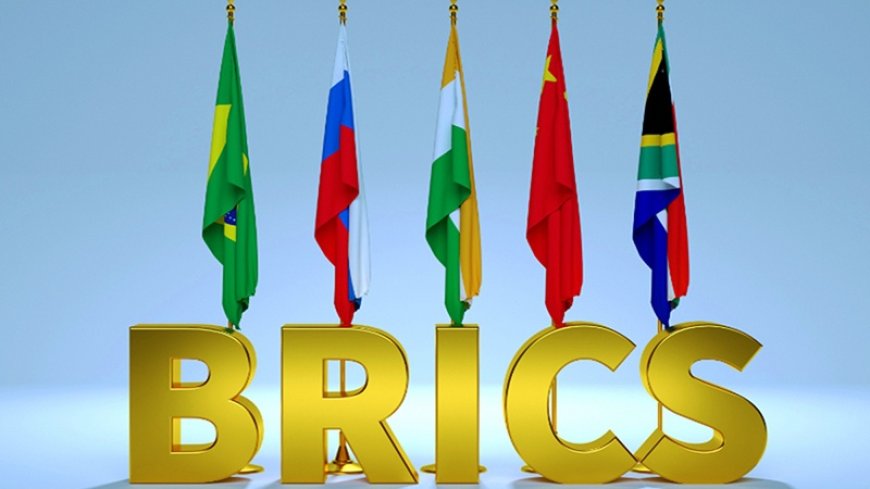Ethiopia's BRICS Membership: The New Pawn in the Game of Global Influence
Ethiopia's BRICS Membership: The New Pawn in the Game of Global Influence

The recent BRICS meeting held in South Africa witnessed several significant events, including the consideration of membership requests from over 30 countries for this trans-regional economic organization. Of particular interest was the acceptance of six new countries, which garnered international attention. Ethiopia's unexpected membership as an African nation surprised many observers. This article aims to provide a comprehensive analysis of the geopolitical and strategic factors underlying Ethiopia's inclusion in the BRICS organization.
Additionally, it examines the implications of this development for regional power dynamics and the broader global order.
Geopolitical Significance of Ethiopia:
Ethiopia, located in the Horn of Africa, holds considerable strategic importance for regional and global powers due to its unique geopolitical positioning. The Horn of Africa, encompassing Eritrea, Djibouti, Somalia, and Ethiopia, serves as a vital link between Africa, the Arabian Peninsula, the Indian Ocean, and Pakistan. This region acts as a crucial corridor for military movements and international trade. Consequently, heightened international and regional competition to establish influence in this area has emerged. Geostrategic developments at the regional and global levels have propelled the Horn of Africa into a new stage for defining the balance of power between the East and West axes, prompting increased U.S. presence and influence in the region through economic and military mechanisms.
Ethiopia's Economic Growth and Internal Challenges:
Under the leadership of Abiy Ahmed, Ethiopia has experienced significant economic growth, garnering admiration from other countries on the African continent. However, the Tigray region's bid for independence has led to rebellion and escalated conflict, drawing intervention from neighboring countries. In response, the United States suspended economic aid to Ethiopia. Seizing this opportunity, Russia and China sought to penetrate the country. China contributed to stability through various economic agreements, while Russia dispatched its private army, the Wagner Group, to quell conflicts in the Tigray region. With China's support, populous Ethiopia has now joined the ambitious BRICS alliance, harnessing the organization's potential to contribute to economic stability within the country. Ethiopia's integration into BRICS is expected to facilitate smoother relations with South Africa and leverage the nation's resources, particularly its agricultural and mineral wealth, as well as its dense population, which, with appropriate investment, can strengthen its military capabilities.
BRICS and the Horn of Africa:
The Horn of Africa occupies a prominent position in the strategies of regional and extra-regional powers. The African continent, particularly the Horn of Africa, has become a pivotal battleground in the competition between Beijing and Washington, underscoring its significance in shaping the future balance of power among major global players. Beijing and Moscow aim to equip and develop the military capabilities of their aligned states worldwide, especially during a time of global uncertainty. African countries, haunted by the specter of coups d'état, are keen on bolstering their military forces, a need that Russia and China have been quick to address. However, Western countries have also exploited this dynamic to infiltrate countries with close ties to them on the African continent. Consequently, some experts believe that the future world order will emerge from the substantial conflicts unfolding in Africa. The continent is witnessing various coups and wars, as alliances and conflict parties strategize for its future.
Conclusion:
Ethiopia's inclusion in the BRICS organization during the recent South Africa meeting holds profound implications for regional geopolitics and the balance of power between major global players. Ethiopia's strategic location, economic potential, and internal challenges have attracted the attention of influential nations such as China and Russia, who seek to expand their influence in the Horn of Africa. The BRICS alliance, recognizing Ethiopia's abundant natural resources and substantial population, aims to harness the nation's capacities to strengthen the organization. As the African continent becomes a focal point in the competition between great powers, the outcome of conflicts and alliances in this region may shape the establishment of a new international order.













































